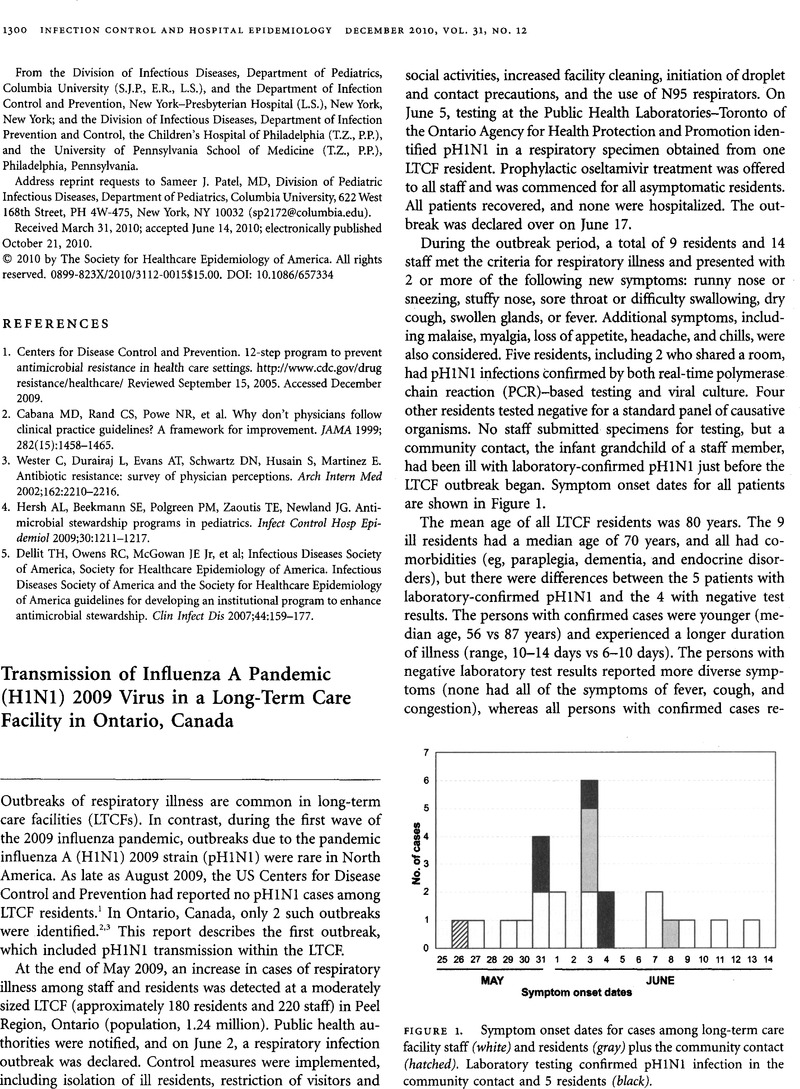Crossref Citations
This article has been cited by the following publications. This list is generated based on data provided by Crossref.
Taylor, Geoffrey
Mitchell, Robyn
McGeer, Allison
Frenette, Charles
Suh, Kathryn N.
Wong, Alice
Katz, Kevin
Wilkinson, Krista
Amihod, Barbara
and
Gravel, Denise
2014.
Healthcare-Associated Influenza in Canadian Hospitals from 2006 to 2012.
Infection Control & Hospital Epidemiology,
Vol. 35,
Issue. 2,
p.
169.
Andersen, Bjørg Marit
2019.
Prevention and Control of Infections in Hospitals.
p.
289.



